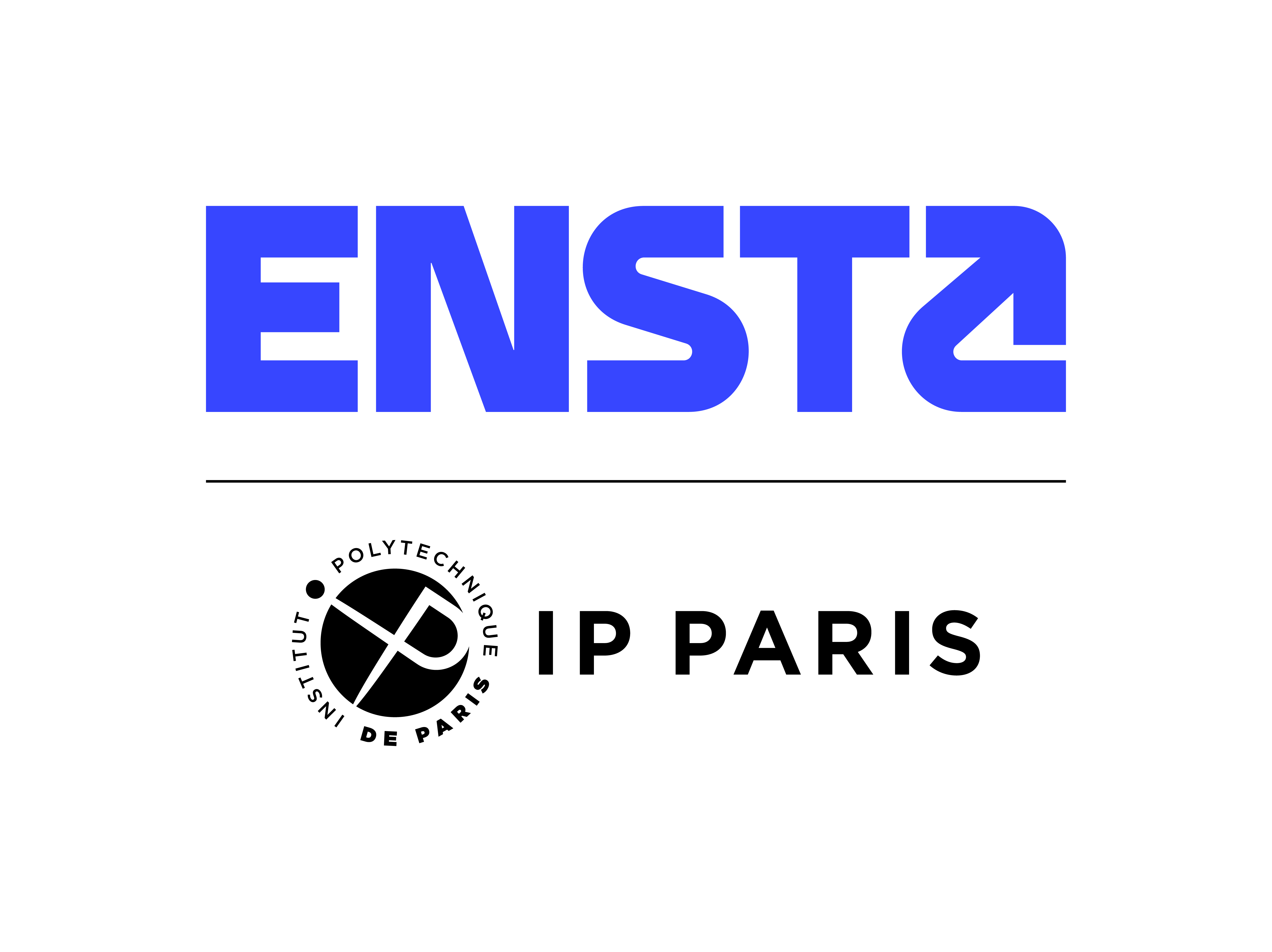The course presents the different components of artificial intelligence: statistical learning (Machine Learning, Deep Learning), massive data processing (image, speech, etc.) and robotics. Co-presented by ENSTA Paris and Télécom Paris, this course leads to a Certificate of Specialised Studies.





Objectives
- Use advanced statistical learning methods to solve artificial intelligence problems
- Use neural networks and associated architectures
- Design and analyse experiments to evaluate HRI (Human-Robot Interaction) systems
- Implement deep learning methods using software libraries
Programme
- Introduction
- Advanced statistical learning
- Large-scale statistical learning
- Deep learning
- Logics and symbolic artificial intelligence
- Automatic language processing and learning
- Learning for image and object recognition
- Learning for robotics
- Graph-based learning
- Perception for autonomous systems
- Ethical issues in artificial intelligence
- Synthesis and conclusion
Audience
This course is open to engineers and project managers with a good knowledge of mathematics (probability, optimisation) and significant experience in programming who wish to develop their skills in the field of artificial intelligence.
Basic knowledge of statistical learning (Machine Learning) and a good experience of programming are essential to follow this course.
Contact
The persons in charge of this training are:
- Antoine Manzanera, teacher-researcher at ENSTA Paris, he is interested in problems related to image processing and low-level vision, from the mathematical model to the parallel implementation on an embedded system. In particular, his work applies to image representation and processing, motion analysis, and embedded vision systems.
- Geoffroy Peeters, teacher-researcher in the Image, Data and Signal department at Télécom Paris. His research focuses on signal processing and machine learning applied to the modification and description of audio signals (speech, music, environmental sounds).


